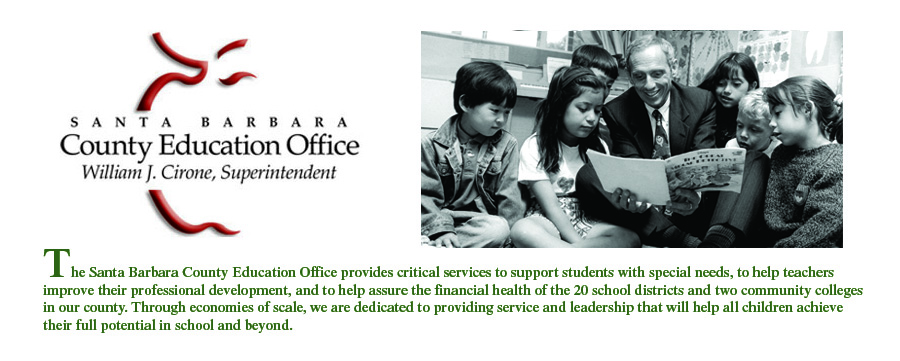Radio Commentary
Will Rogers once said, “Schools aren’t as good as they used
to be — but they never were.” The highly respected Michael Norman agrees.
He said there is danger in the common notion that schools
are so bad that any change will be for the better.
Norman
contends our schools have been asked to do more than any other school system in
the world: We are the only country committed to educating ALL children.
Do we know
how to teach students to read, write, and compute? YES, says Norman.
Do we practice what we know in
every classroom? No. And sometimes that’s because social and financial problems
prevent it, he says.
Instead of
major change for its own sake, we must narrow the distance between what we know
and how consistently we apply it.
There’s a
big difference between change and progress. In fact, resisting certain
changes may be more progressive than adopting them.
Author
Michael Fullan studied innovations and changes in American education over three
decades.
He believes
that any attempt to reform or change schools must be rooted in two areas: what
we know about how humans learn — and what we expect all students to know and be
able to do as a result of their schooling.
The rest is
just glitter. It’s change without progress.
